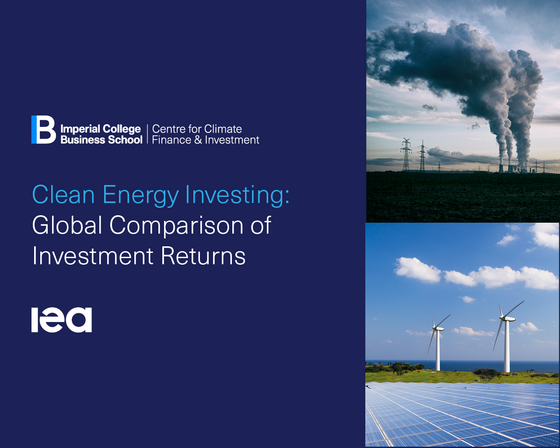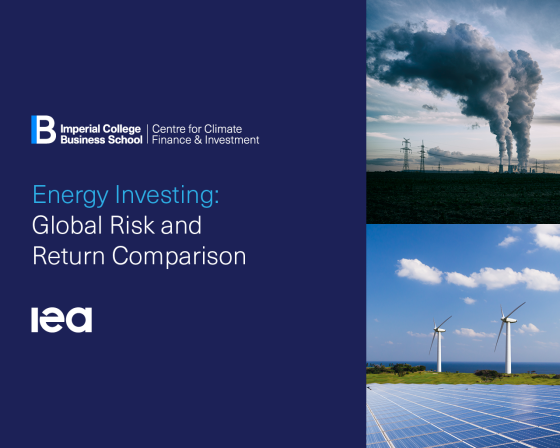How do we address the investment gap in ASEAN renewables? A new report from the Centre for Climate Finance & Investment and the International Energy Agency (IEA) calls for greater transparency around the financial performance of renewables projects, stronger regulatory frameworks and risk management tools to boost clean energy investment in the ASEAN region.
ASEAN countries such as Vietnam, Thailand, Malaysia, Indonesia and Singapore have all committed to either net-zero emissions or carbon neutrality by 2050. Governments have simultaneously increased the role of renewable power in national energy development plans. These dynamics all make ASEAN markets potentially attractive to clean energy investors. Nevertheless, the region’s economic development model remains based on fossil fuels, with a high dependence on coal-fired power plants, which account for more than 40% of power generation.
The objective of this report is to enable investors and policymakers to help accelerate the energy transition in the ASEAN region. The authors aim to provide more transparency through financial analysis of renewables assets and make recommendations on evolving climate finance frameworks, addressing foreign investment barriers and suggests bolder government policies to change the energy system across developed and emerging economies.
This is the fourth report in a series of joint publications by Imperial College London and the International Energy Agency, designed to improve transparency that would enable investors and policymakers to play a bigger role in the energy transition.
This report has been supported by the Singapore Green Finance Centre and Monetary Authority of Singapore.
Watch the Report Launch Webinar below



